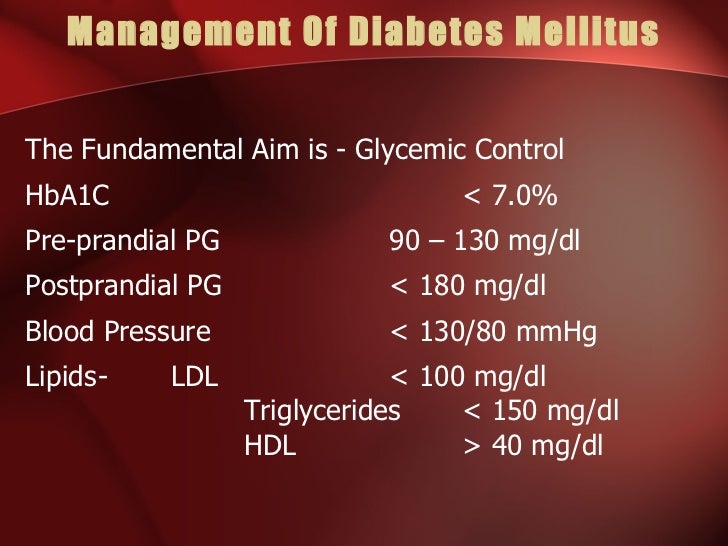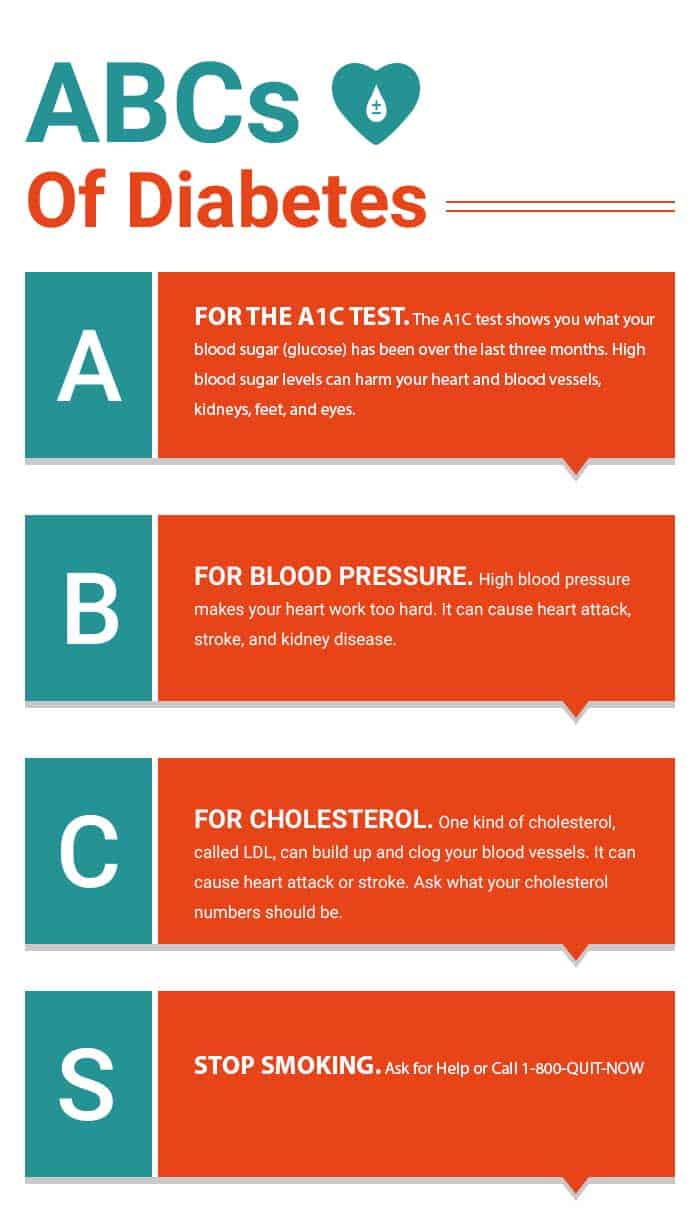Diabetes Complications Blood Pressure
See more videos for diabetes complications blood pressure. The combined impact of diabetes and high blood pressure can increase the risk of cardiovascular disease, kidney disease, and other health problems. in 2012, researchers quoted figures suggesting. For a new study, researchers decided to dig into the factors that may affect whether people with type 1 diabetes start to develop kidney dysfunction. published last week in the journal of diabetes and its complications, the study involved 3,940 participants with type 1 diabetes. at the beginning of the study, their average age was 41, with an. How can diabetes affect my eyes? diabetic retinopathy is a very common diabetes complication, and it’s the leading cause of blindness in american adults. over time, high blood sugar levels and high blood pressure can damage small blood vessels in the retina (the light-sensitive layer at the back of the eyeball).
Morning Blood Pressure Surge Is Associated With Autonomic

Najafi mt, khaloo p, alemi h, jaafarinia a, blaha mj, mirbolouk m, et al. ambulatory blood pressure monitoring and diabetes complications: targeting morning blood pressure surge and nocturnal dipping. Healthy blood pressure is defined as below 120/80 mmhg and high blood pressure for most people with diabetes is 140/90 mmhg or higher. high blood pressure means your blood is moving through your vessels with too much force. this extra force puts pressure and strain on the heart, damages blood vessels and increases heart attack and stroke risk. High blood pressure damages blood vessels and, when combined with chronically high blood sugar, can increase the risk of complications. the american diabetes association recommends that people with diabetes maintain blood pressures of less than 140/90 mmhg.
Diabetes High Blood Pressure Managing Diabetic Hypertension

High blood pressure—also called hypertension—raises your risk for heart attack, stroke, eye problems, and kidney disease. Bloodpressure in people with diabetes should be 140/80 or less, and they may need to take several different tablets to get to this level. (blood pressure is measured in units of millimetres of mercury (mmhg) but normally the units are not quoted. ) if you have diabetes, you may have been advised to try and attain an even lower level. Although vascular and autonomic nervous system have been involved in the regulation of morning surge in blood pressure (mbps), data on clinical correlates of mbps in diabetic population are scarce,. Low blood pressure, defined as a blood pressure reading of below 90/60 mmhg, tends to be less common than high blood pressure. in people with diabetes, low blood pressure can occur if you have been prescribed blood pressure medication and have also improved your blood diabetes complications blood pressure pressure through lifestyle changes.
Endocrine problems. thyroid conditions such as parathyroid disease, adrenal insufficiency (addison's disease), low blood sugar (hypoglycemia) and, in some cases, diabetes can trigger low blood pressure. Diabetes increases the risk of depression, and that risk grows as more diabetes-related health problems develop. gestational diabetes, diagnosed during pregnancy, can cause serious complications for mothers or their babies, such as preeclampsia (high blood pressure caused by pregnancy), injury from giving birth, and birth defects.
Morning Blood Pressure Surge Is Associated With Autonomic
Complications in the mother also can occur as a result of gestational diabetes, including: preeclampsia. this condition is characterized by high blood pressure, excess protein in the urine, and swelling in the legs and feet. preeclampsia can lead to serious or even life-threatening complications for both mother and baby. subsequent gestational. High blood pressure, or hypertension, is a condition that’s seen in people with type 2 diabetes. it’s unknown why there’s such a significant relationship between the two diseases. High blood pressure can cause other health complications. find out more about these complications.
Cardiovascular disease: affects the heart and blood vessels and may cause fatal complications such as coronary artery disease (leading to heart attack) and stroke. cardiovascular disease is the most common cause of death in people with diabetes. high blood diabetes complications blood pressure pressure, high cholesterol, high blood glucose and other risk factors contribute to increasing the risk of cardiovascular complications. High blood pressure (hypertension) is another common problem in people with diabetes, particularly type 2 diabetes. along with dyslipidaemia, it is strongly associated with a high risk of developing chd.

High blood pressure (hypertension) can lead to many complications of diabetes, including diabetic eye disease and kidney disease, or make them worse. most people with diabetes will eventually have. High blood pressure, or hypertension, is common in people with diabetes. reports from 2012 show that high blood pressure affects 50% of people with diabetes. blood pressure is important as it is linked with a higher risk of diabetes complications. the symptoms of blood pressure may not show unless blood pressure becomes very high and This is when pressure builds up in the eye and restricts blood flow to the retina and optic nerve. glaucoma causes gradual loss of eyesight. people with diabetes are two times as likely to develop.
High blood pressure people with diabetes are much more diabetes complications blood pressure likely to develop heart disease and/or experience a stroke at an earlier age than people without diabetes. high blood pressure (also known as hypertension) along with diabetes puts added stress on your body. this can cause damage to your heart, brain, kidneys, and eyes. Type 2 diabetes: the 50p vegetable proven to reduce blood sugar and prevent complications type 2 diabetes is akin to walking a tightrope one misstep and your blood sugar is out of balance.
The top number is the pressure when your heart contracts and pushes blood out. the bottom number is the pressure when the heart relaxes between beats. the recommended target for people with diabetes is less than 130/80 mm hg. if you have diabetes, get your blood pressure checked every time you visit your health-care team. how to control blood. Gestational diabetes may also increase your risk of: high blood pressure and preeclampsia. gestational diabetes raises your risk of high blood pressure, as well as preeclampsia — a serious complication of pregnancy that causes high blood pressure and other symptoms that can threaten the lives of both mother and baby. having a surgical. Complications. diabetes increases your risk for many serious health problems. the good news? with the correct treatment and recommended lifestyle changes, many people with diabetes are able to prevent or delay the onset of complications. high blood pressure—also called hypertension—raises your risk for heart attack, stroke, eye problems.
bmj 2002;324:71-86 156uk prospective diabetes study group tight blood pressure control and risk of macrovascular and microvascular complications in type 2 diabetes: ukpds 38 bmj 1998;317:703-713 157hansson l, zanchetti a, carruthers sg, et al effects of intensive blood-pressure lowering and low-dose aspirin in patients with

Comments
Post a Comment